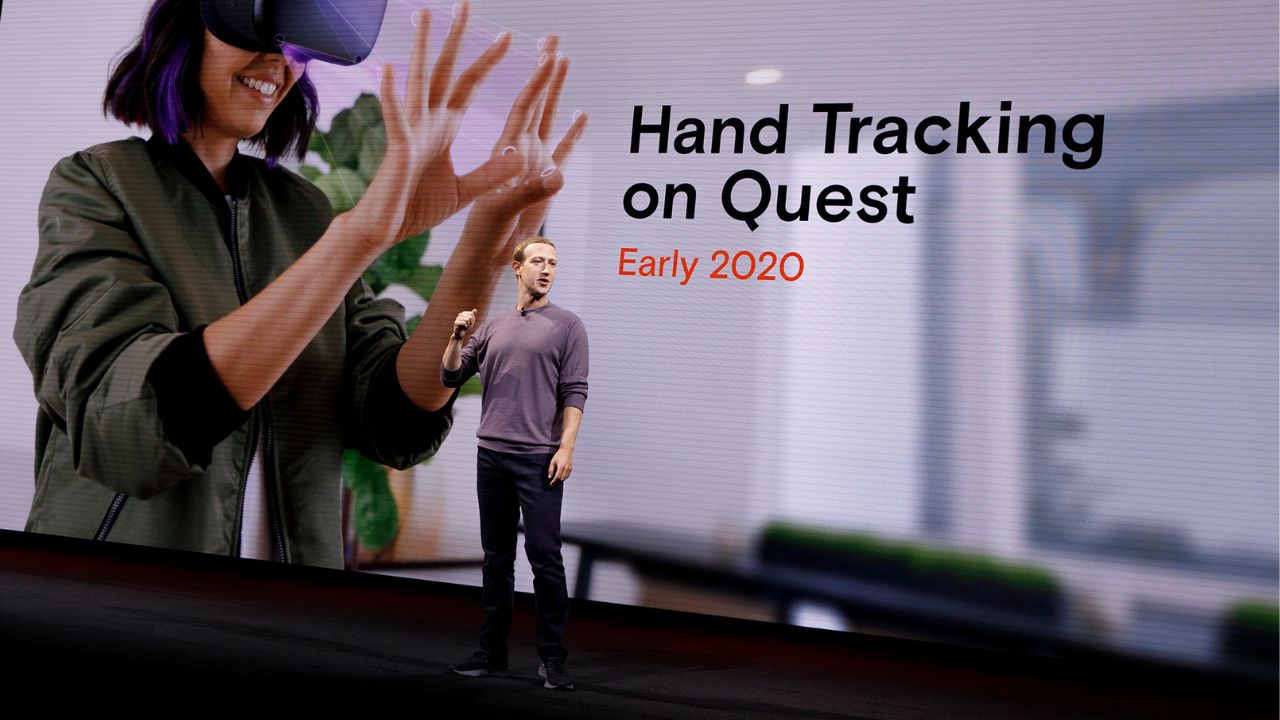Meta has reportedly acquired Cambridge-based sound recognition developer Audio Analytic in a deal that will inevitably be seen as reviving momentum following a dreary third quarter for the social media, ads and metaverse giant (here's The Telegraph report).
Founded in 2008 and also with offices in San Jose, California, Audio Analytics' ai3 software helps device makers, chip makers and AI service providers build connected products that instinctively recognise and react to commonplace sounds such as smoke alarms, smashed window glass or a baby's cry.
The company will now join Meta's Reality Labs Research arm, an R&D unit that is also helming Meta's push to forge a metaverse made up of virtual reality worlds, holograms and augmented reality that brings metaverse functionality out into the real world.
Spatial sound could help further immerse VR players, for example, or give AR sound-enabled features.
The potentially era-defining bet by Meta CEO Mark Zuckerberg took a massive hit a fortnight ago when the corporate revealed profits 50% lower in the September quarter, prompting a $78bn write down on Meta shares in following days.
There's increasing disquiet among investors who believe Zuckerberg is splurging too much on the Metaverse concept, given that third quarter sales revenue (mainly from ads at Meta's core social media business, from Facebook/Instagram) dived by 4%.
Meta is responding with lay-offs with US media suggesting redundancies for its 87,000-strong workforce could come as soon as this morning allowing Zuckerberg's team to regroup on metaverse and other key growth priorities.
Audio Analytic raised $25 million from investors prior to the acquisition; the Meta deal hands high-profile exits to backers like National Grid Partners, the strategic arm of UK/US energy grid operator National Grid, as well as IQ Partners and Cambridge Innovation Capital, the Cambridge university venture fund.
Reality Labs Research has 12 R&D units globally, and is increasingly putting out ideas to compliment Meta's flagship bet on VR headset producer Oculus, bought in 2014 by what was then Facebook. With Meta now looking to take the VR product range into higher end markets (see the launch of the $1,500 Quest Pro,) Reality Labs has a slate of connected hardware and augmented reality programs, designed with the enterprise market in mind.



Would you like to write the first comment?
Login to post comments